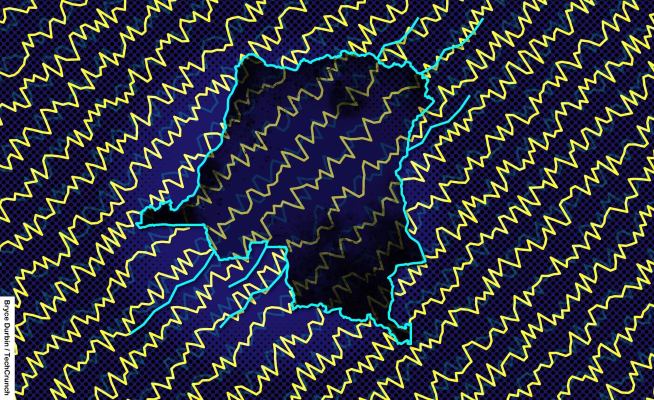Canadian data security startup Qohash this week announced it raised CAD 8 million (approximately USD $6.3 million) in Series A funding. The financing was led by FINTOP Capital.
The U.S. National Security Agency on Friday announced that Rob Joyce, an official who is highly respected in the cybersecurity community, has been named the agency’s new director of cybersecurity.
In a recent case documented by the UK’s Thames Valley police, a sextortion scam started innocently enough: a young man was contacted over Facebook by a woman who wanted to video chat.
In October, a little-known but critically important domain name for one country’s internet space began to expire. If it fell into the wrong hands, an attacker could redirect millions of unknowing internet users to rogue websites of their choosing.
Cybercriminal group TA551 was found hijacking an ongoing email conversation to spread information-stealing malware such as Ursnif, Valak, and IcedID, Palo Alto Networks revealed.
A sophisticated group is using a webshell called BumbleBee in an ongoing xHunt campaign targeting Microsoft Exchange servers at Kuwaiti organizations.
The Scottish Environment Protection Agency (SEPA) confirmed on Thursday that some of its contact center, internal systems, processes, and internal communications were affected following a ransomware attack that took place on Christmas Eve.
The National Security Agency is recommending that security teams use designated DNS resolvers to lockdown DNS over HTTPS (DoH), effectively preventing eavesdropping, manipulation and exfiltration of DNS traffic.
Google has removed 164 apps, downloaded a total of 10 million times, from its Google Play marketplace because they were delivering “disruptive” ads, considered malicious.
The European Medicines Agency (EMA) today revealed that some of the stolen Pfizer/BioNTech vaccine candidate data was doctored by threat actors before being leaked online with the end goal of undermining the public’s trust in COVID-19 vaccines.








